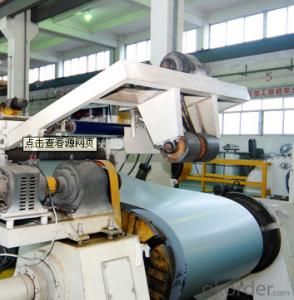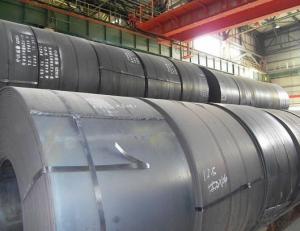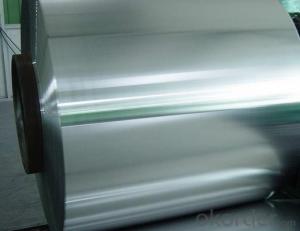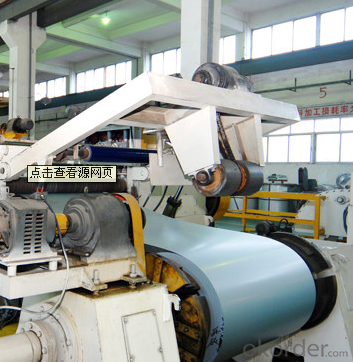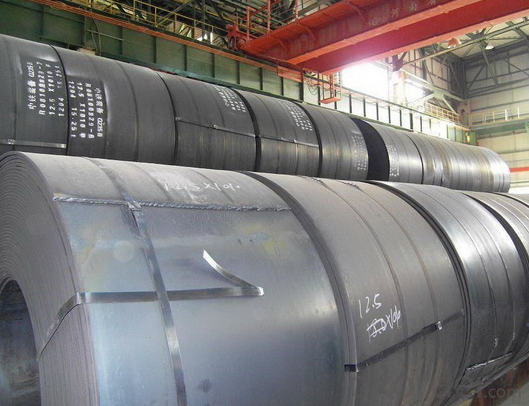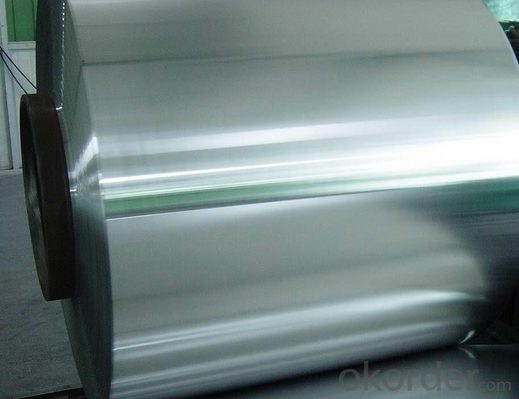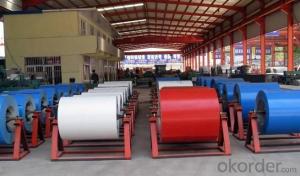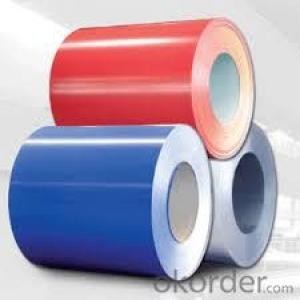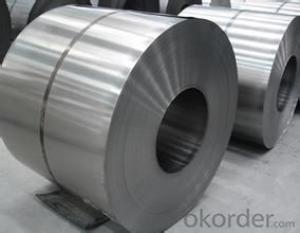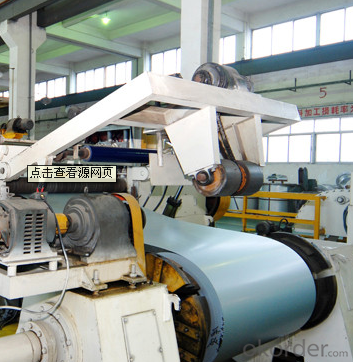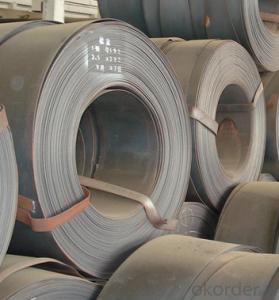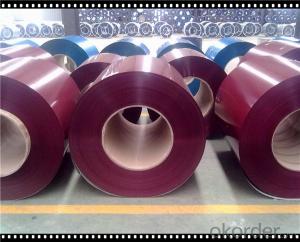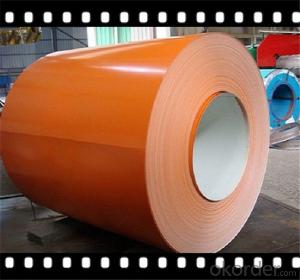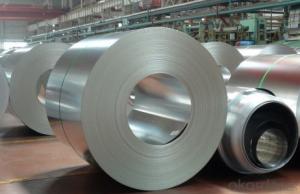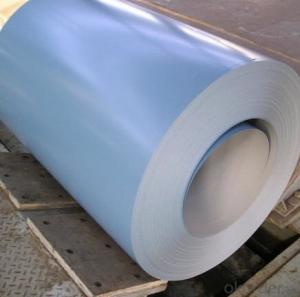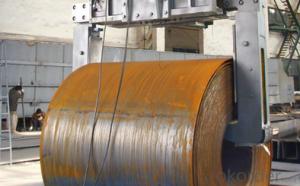Quick Details
Standard: ASTM
Grade: FS Types A
Packaging & Delivery
Packaging Details: Oscillated wound: one coil per bundle, inner is the protecting humidity-proof wax paper. Medium is plastic film. Outer is sackcloth or compound paper packing. Coil to be laid on single type pallet (one pile per pallet) Delivery Detail: 25 days but also depends on the quantity and specifications. Specifications
1. Top 2 coat: primer 5uM, top coat 15-20uM.
2. Back 2 coat: primer 2-5uM, back coat 5-20uM.
3. Back 1 coat: back coat 5-10uM.Type: Steel Coil
Technique: Cold Rolled
Surface Treatment: Coated
Application: Forming Use
Width: 750-1534mm
Length: Coil
(1) Top 2 coat, back 1 or 2 coat
(2) RAL international color, With/Without temporary protective film(3) Coil ID: 508/610mm, Coil weight: 3-8Ton
(4) Steel Substrate Grade FS(A): Forming steel
Feature
Product | Prepainted galvanized steel coils /PPGI/ color coated steel coil |
Standard | ASTM,GB,JIS |
Base material | Hot dipped galvanized steel |
Thickness | 0.14-2.0mm |
Width | 800-1500mm(according to your need) |
Coil Weight | 3-6tons |
Color | RAL No. or customers samples’ color |
Zinc-coating | 60g/m2-220g/m2 |
Coil DI | 508mm/610mm |
Technique | Cold rolled—hot dipped galvanized—color coated |
Painting | Top painting:15~25μm Back painting: 6~10μm |
Tolerance | Thickness: +/-0.02mm Width:+/-2mm |
Packing | Standard export packing |
The special order can be negotiated.
| |
